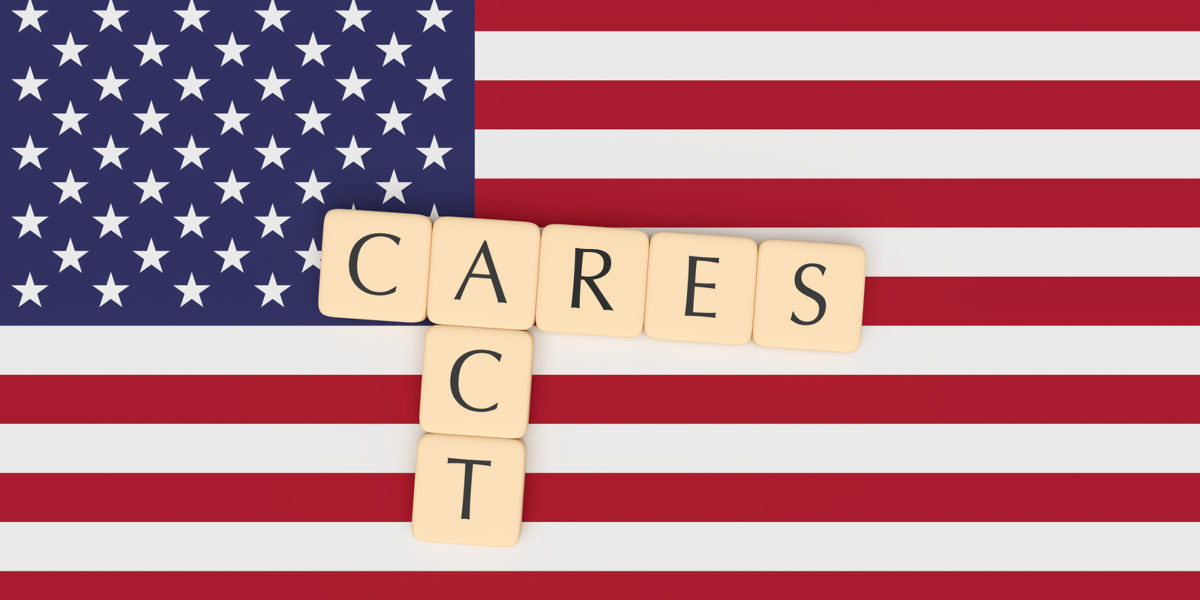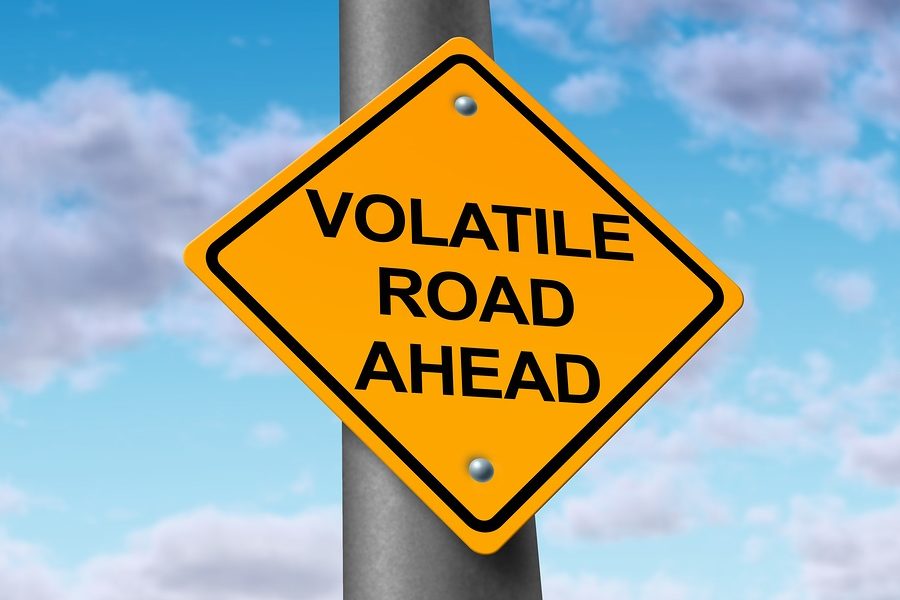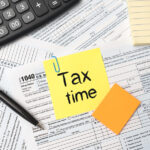News
Emotional Investing in Times of Uncertainty
Investors want to enjoy a good night’s sleep each night because they’ve done their work, know what to expect, and that nothing comes as a surprise to them. However, in times of uncertainty, most of us let our emotions get the best of us, especially about our investments. Part of the luxury of a good night’s sleep is being financially educated and planning for when things don’t go as expected, as well as when they do. With the uncertainty of today, keep in mind what you can and can’t control and help avoid emotional investing:
The CARES Act, RMD, and Hardship Distribution Changes: What You Need to Know
The CARES Act (The Coronavirus Aid, Relief, and Economic Security Act) became law on March 27th, 2020. It contains significant legislation for Required Minimum Distributions (RMD) for those over age 70 ½ who have already started RMD. Under previous IRS distribution laws, a minimum distribution from a pre-tax retirement savings account, such as a 401(k), IRA, or other tax-sheltered accounts, would have to happen in 2020 to avoid the penalty for not taking a distribution. Under the CARES Act, no RMD is required for individuals or beneficiaries of inherited retirement accounts in 2020 due to COVID-19. How will this help investors?
Finding Safety in a Low-Interest-Rate Environment
When investors think of ‘safe investments,’ they tend to think of bonds or CDs, which calculate from a pre-determined timeline and interest rates. During a low-interest-rate environment, both provide safety, but not necessarily, the returns investors are seeking. Bonds and CDs have differing benefits and risks despite being viewed by investors as ‘safe.’
COVID-19: Negatively Impacting the Social Security Retirement System
COVID-19 has changed the way we interact with others and our ability to work. Currently, one in four worldwide confirmed COVID-19 cases is occurring in the U.S. The halting of economic activity is expected to damage our economy more than any other previous occurrence. While remote work is happening at some companies, many Americans are unable to collect their regular paychecks and are waiting on unemployment assistance from their state. Undoubtedly this will negatively impact Social Security tax collection and the Social Security Retirement System. Here’s why:
In Need of Tax-free Income in Retirement? Consider Life Insurance
When you think about tax-free income in retirement, the traditional vehicles likely come to mind. Such as your 401(k) or 403(b), traditional and Roth IRAs, and your personal savings account. What you may not consider, however, is that life insurance can also function as a form of retirement income – with tax advantages.
Crisis Preparation: 3 Things for Safeguarding Your Financial Future
Safeguarding your financial future is important.
Safeguarding your financial future is important. No one likes to think about the impact of their death on their loved ones. But the reality is, not having certain elements in place can turn a tragic situation into a financial crisis. Having these safeguards in place can help provide your family with the financial security they need should the unexpected happen.
Reflect, Reset, Rebalance Your Life
Not everyone experiences a life-changing event in their lifetime, one that impacts them for better or worse. As we continue to experience the pandemic, we are witnesses to our own experiences. We don’t know the outcome will be for ourselves, our neighbors, community, and so on. It can be an unnerving, but positive experience if it is a life-changing event that changes us for the better. As you reflect on the pandemic in the next weeks and months, consider your life as it is today and the changes that you intend to make to rebalance your life.
Annuities and Market Risk: What You Need to Know
Annuities and market risk are something all investors worry about, but those close to retirement have limited time to recover from the loss. If you’re within ten years of retirement, your investments are at a critical stage to continue to gain value and avoid loss. Without thinking through the dynamics of gains and losses, investors leave themselves open to market risk that could prematurely deplete their retirement assets.
HENRYs (High Earners Not Rich Yet) with Limited Wealth-Building Potential- Are You One of Them?
The term HENRY (High Earners Not Rich Yet) refers to individuals who have the potential to become wealthy in the future because of their income. These individuals or families earn between $250,000 and $500,000 per year and are between 25 and 45 years of age (Gen Z, Millennials, and Gen X). Despite their income, after paying their living costs, taxes, and other expenditures, HENRYs have little left over to save and invest for their retirement. HENRYs are a demographic that politicians consider being ‘rich,’ referring to them as the wealthiest Americans during the 2008 elections. However, there’s more to the HENRY story.
Financial Planning and Living Globally
The past 100 years have seen changes in how people plan for their financial futures and how they live. Borders no longer restrict people from living in one country; their profession often takes them to parts of the world they never anticipated. Today, it’s not uncommon for a family to live part-time in one country. Or become citizens of another country to work or have a business there. Living globally is a lifestyle that many high net worth families, and others, are choosing. Financial planning and living globally what are the risks?















